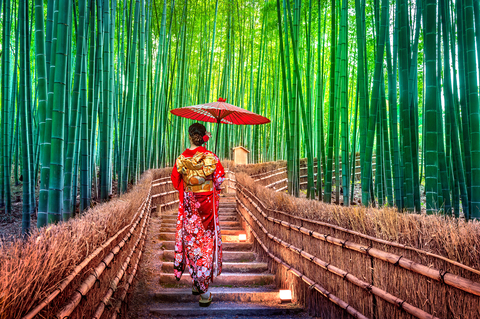Unwanted limerence often flares up when we are discontented with life. Not always, of course, and plenty of contented and empowered people can find their romantic lives turned upside down by a wandering LO, but many people who get caught in a limerent episode realise that their preceding lives had fallen into a rut.
If nothing else, the contrast in emotional energy between everyday life and limerence is so shocking that it’s hard to go through it without asking some serious questions about what life should feel like. What does a happy life actually mean?

This is why I am such a strong advocate for purposeful living as a lasting cure for limerence. It’s not as if it turns off our potential to become limerent, it’s just that it diminishes the impact that it has on your life.
If you feel helpless, depressed, and demoralised, then the wild, exuberant bliss of limerence has way more psychological weight than if you are otherwise feeling positive and purposeful about life.
Purposeful living redirects your attention from external sources of pleasure (LO) to internal sources of happiness (meaningful endeavour).
But… how do you start? What does purposeful mean? Where can you find purpose? How do you make changes to life that last?

There’s an enormous industry in self-help and self-development for a reason. Many of the books and courses out there essentially repackage the same basic messages of philosophy again and again, and for those of us who read widely on the topic they can get a bit samey. It’s easy to become a bit jaded and fall back into old, unproductive habits.
Every now and again, though, there is the chance to discover something new. For me, the concept of ikigai was just such a new discovery, so I thought I’d share the novelty for those who hadn’t heard the term either:
I like the combination of inspiration (do what you love) with pragmatism (do what rewards you). I also like the fact that Tim Tamashiro ends on the idea that your ikigai should be seen as a verb – as an action rather than a goal.
For the same reason, I much prefer the term “purposeful living” to “life purpose”. The heart of the difference is in doing something with purpose (i.e. taking positive, deliberate action to achieve something good), rather than contemplating the sort of vocation or cause that might give you fulfilment. One causes a sense of engagement and constructive activity, the other invites naval-gazing and analysis paralysis.
So, I’m going to spend a bit of time today thinking about how my current choices map onto the four elements of ikigai, and what changes I could make to better align my life with my purpose.
Then I’m going to get up and do something about it.

Not impressed.
For me, it’s a Zen slant that combines Maslow’s Hierarchy of Needs and Stephen R. Covey’s “The 7 Habits of Highly Effective People.”
For him to do all the neat things he did like go to Okinawa, he has to have sufficient means which puts him pretty far up Maslow’s pyramid. To acquire those means, it sounds like he’s already a pretty effective person.
For some people, it may help them organize themselves for the better but for the non-TED Talk crowd, ikigai comes across as a luxury.
Life just isn’t that simple.
Yes exactly the same thought about his own personal ikigai year struck me. i.e. he is very lucky to have the means to stop working and do all those things.
But ignoring that, I really like this. You can still pursue an ikagai journey within more limited means. I especially love the idea of ikigai that involves helping others. That doesn’t have to cost anything yet allows you to make a real difference to your own life and to that of others.
I recently started doing some evening voluntary work of the therapeutic variety. So fulfilling and real food for the mind to dwell on.